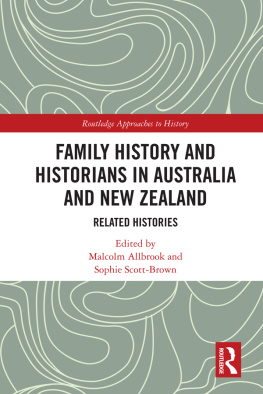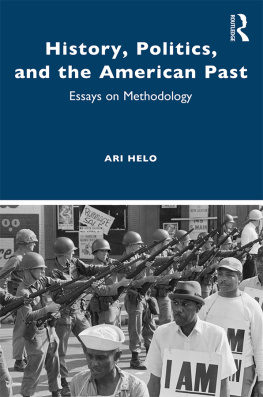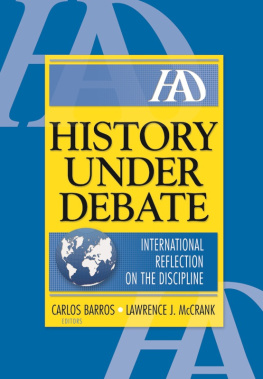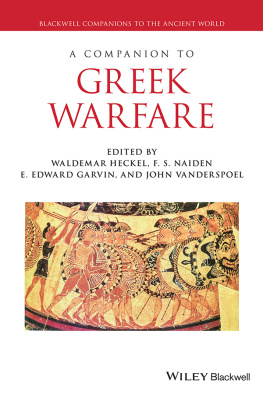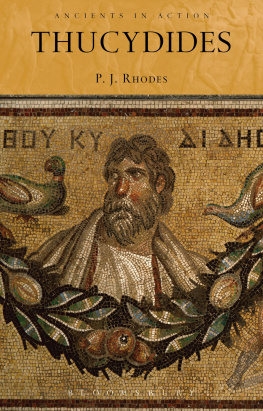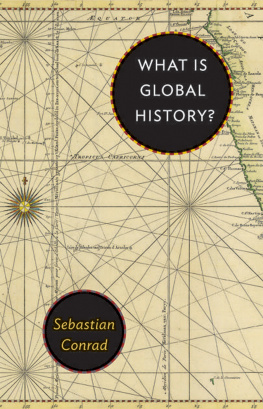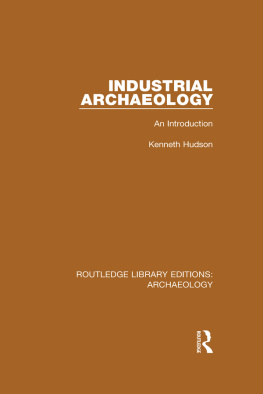ROUTLEDGE LIBRARY EDITIONS: HISTORIOGRAPHY
Volume 21
THE GATEWAY TO HISTORY
THE GATEWAY TO HISTORY
ALLAN NEVINS
First published in 1938 by D. C. Heath and Company
This edition first published in 2016
by Routledge
2 Park Square, Milton Park, Abingdon, Oxon OX14 4RN
and by Routledge
711 Third Avenue, New York, NY 10017
Routledge is an imprint of the Taylor & Francis Group, an informa business
1938, 1962 Allan Nevins
All rights reserved. No part of this book may be reprinted or reproduced or utilised in any form or by any electronic, mechanical, or other means, now known or hereafter invented, including photocopying and recording, or in any information storage or retrieval system, without permission in writing from the publishers.
Trademark notice: Product or corporate names may be trademarks or registered trademarks, and are used only for identification and explanation without intent to infringe.
British Library Cataloguing in Publication Data
A catalogue record for this book is available from the British Library
ISBN: 978-1-138-99958-9 (Set)
ISBN: 978-1-315-63745-7 (Set) (ebk)
ISBN: 978-1-138-19078-8 (Volume 21) (hbk)
ISBN: 978-1-315-64086-0 (Volume 21) (ebk)
Publishers Note
The publisher has gone to great lengths to ensure the quality of this reprint but points out that some imperfections in the original copies may be apparent.
Disclaimer
The publisher has made every effort to trace copyright holders and would welcome correspondence from those they have been unable to trace.
THE GATEWAY TO HISTORY
Allan Nevins
REVISED EDITION
ACKNOWLEDGMENTS
Excerpt from a review of Hitler Confronts England by Rear Admiral Walter Ansel is reprinted by permission from The Times Literary Supplement of April 14, 1961.
Material quoted from Eisenhowers Six Great Decisions by Walter Bedell Smith. Copyright 1956, and reprinted with permission of David McKay Company, Inc., publishers.
THE GATEWAY TO HISTORY. Copyright 1938, 1962 by D. C. Heath and Company. All rights reserved, including the right to reproduce this book or portions thereof in any form. For information, address: Quadrangle Books, Inc., 12 East Delaware Place, Chicago 60611. Manufactured in the United States of America.
Library of Congress Catalog Card Number: 63-11845
FIFTH PRINTING
THIS IS a revision of a volume first issued just before the last great war; a revision in which the original structure has been retained, but several important parts of the text have been completely recomposed, and many minor changes have been made. I can still assert, as I did in 1938, that the book is written by an amateur of history in the hope that it may assist other amateurs. It is written with the wish that more people would read history widely, and that more of them would do so with intelligence and passion, not as a mere pastime, or as a means to some limited end. For this reason I have tried to make history seem attractive. I have tried also to express my conviction that the writing of history, while a difficult and responsible undertaking, ought to be kept a reasonably free and joyous pursuit, unsaddled by dogma, and varied, mutable, catholic, and progressive in character. This volume will, I hope, help some general readers to realize how much history has been written for them, what a wealth of talent and genius has been poured into it, what a tremendous conquest of perplexities and obstacles it represents, and how pregnant with ideas the best of it is. I hope it may afford a little counsel and encouragement to writers of history, and particularly the beginners.
In my Preface to the first edition I made a statement which it seems now important to recall. I wrote:
Once historical study in America was tremendously alive. If it were as alive and energetic today as it should be, we would have in this country two enterprises which do not now exist. We would have a popular historical magazine, published monthly, written for the multitude and not the learned few, and full of articles relating the past (particularly the American past) to the present. We would also have some organization which made a systematic attempt to obtain, from the lips and papers of living Americans who have led significant lives, a fuller record of their participation in the political, economic, and cultural life of the last sixty years; a period in which America has been built into the richest and most powerful nation the world has ever seen, and socially and economically has not only been transformed, but re-transformed.
When these lines were written they were a dream, a hope, a vision. It is pleasant now to reflect that the country has the magazine of history, more successful than its founders at first believed possible, in American Heritage; and that we have also the other agency here described in the efficient Oral History Office of Columbia University, which has been or is being copied from the Atlantic to the Pacific, and indeed overseas.
ALLAN NEVINS
The Huntington Library
Contents
THE GATEWAY TO HISTORY
A CARTRIDGE BAG is unstrapped from the sweaty horse, and a brown hand pulls out a thick volume; it is Theodore Roosevelt in East Africa about to give half an hour at the end of a days hunting to Carlyles Frederick the Great. His objectrelaxation, entertainment, instruction. A cleancut naval officer in blue uniform sits in the English Club in Lima, Peru, a history of Rome on his knee, pondering, and then opens the book again at a chapter telling how Hannibal crossed the Alps. He is Alfred T. Mahan, he has reflected how much more easily the Carthaginian army might have reached Central Italy by water, and he looks for more facts on a theory that has just struck himthe idea of the decisive potency of sea power in wars. An earnest woman of sensitive face looks up from a page of manuscript which she is intently writing, and quickly consults a book labeled Parkman; it is Willa Cather halfway through Shadows on the Rock, and trying to recall a bit of color in The Old Regime in Canada. A schoolboy emits a merry laugh; he has just found J. J. Jusserands account of medieval vagabonds, minstrels, outlaws, and peddlers in English Wayfaring Life richly comic.
The uses of history are almost endless. It may be read for a hundred reasons, and when read merely for amusement, or for its rich pageantry and drama alone, it insensibly serves other ends. But to understand its more important values we must approach it on an elevated level, and measure it not in relation to individuals, but to societies and nations.
Although when we use the word history we instinctively think of the past, this is an error, for history is actually a bridge connecting the past with the present, and pointing the road to the future. This fact Daniel Webster wrapped into the majestic exordium of his reply to Hayne. Mr. President, he began, when the mariner has tossed for many days in thick weather, and on an unknown sea, he naturally avails himself of the first pause in the storm, the earliest glance of the sun, to take his latitude and ascertain how far the elements have driven him from his true course. Webster here indicated one of the cardinal utilities of history. Since mankind is always more or less storm-driven, history is the sextant of states which, tossed by wind and current, would be lost in confusion if they could not fix their position.


